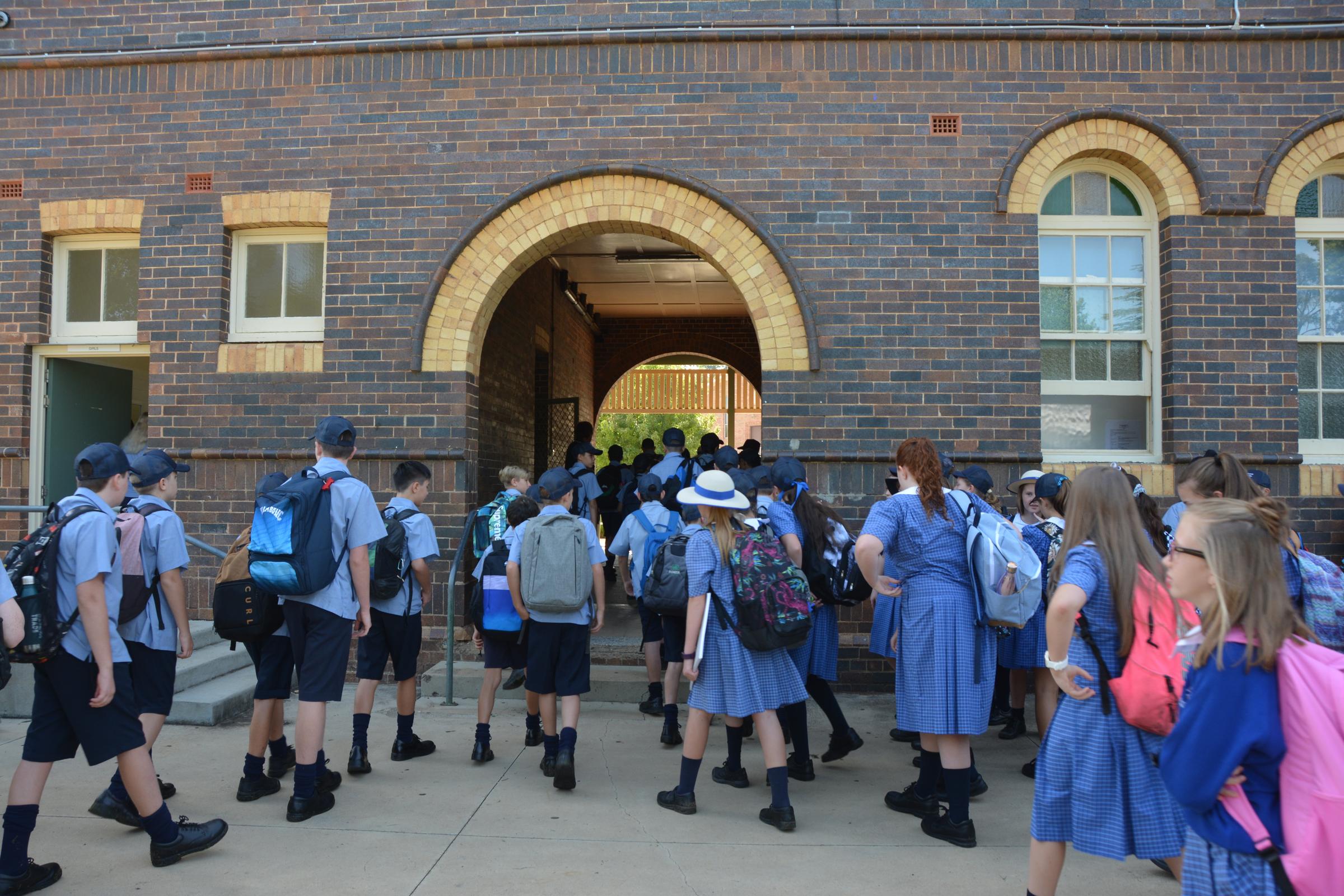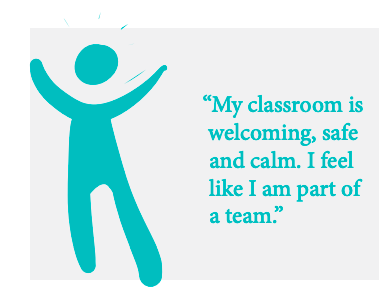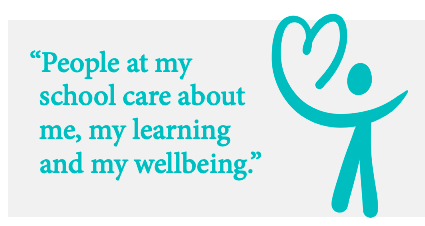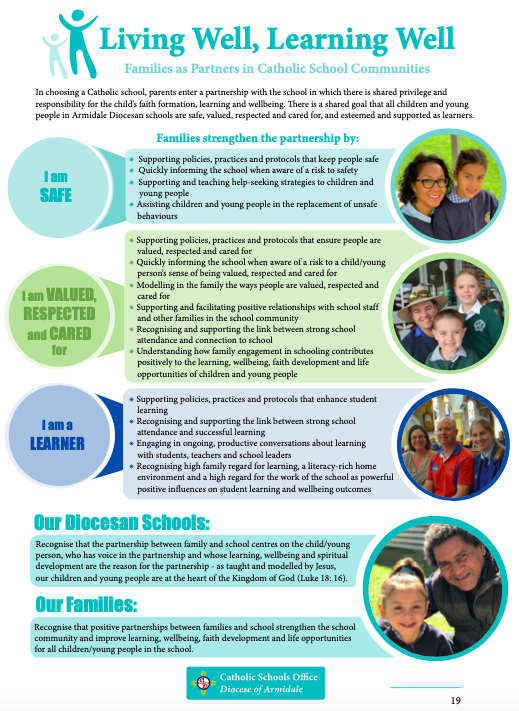Assistant Principal / Leader of Pedagogy
Mr Stephen Chapman

Assistant Principal / Leader of Pedagogy
Mr Stephen Chapman
The Importance of School-Home Connections
My article for this newsletter is all about the importance of school and home working together. Today, the first report for each student in Years 7 to 11 will be released via Compass. These Progress Reports provide a quick snapshot of how each student is working in each class. In addition, we are about to finish the schedule of Parent Information evenings for each year. We have had a parent information night for each of the year groups, including Year 6 Parents. In total, there have been seven sessions. Week 3: Year 7 (in the Quad). Week 4: Year 11 (ZOOM). Week 5: Year 10 (in the Quad). Week 7: Year 12 (rotation in classrooms). Mon Week 8: Year 8 (rotation in classrooms). Tues Week 8: Year 6 (rotations Lib and tours). Week 9: Year 9. On Thursday next week, March 25th, we will also have an ATSI Family Night at 5 pm in the Quad.
I would like to thanks all the staff and parents/carers for taking the time to get together for each and all of these meetings. Every bit of information has been well received, and the conversations between teachers and parents have been so powerful.
There are many reasons why we run these information sessions. Some parents do not see schools as welcoming places. We acknowledge that. “Parents, as well as many students, often view school as uninviting. This is particularly so for vulnerable families. There is an opportunity to build and strengthen the relationship in the current environment; helping families learn the language of learning will support ongoing connections.” (p. 18, Howes, Tse, Dawson and Quach. 2020). At O’Connor, we work hard to build positive connections with parents and carers.
The research is clear on this, and it doesn’t take an educational genius to understand it. When schools and parents/carers are on the same team, the learning outcomes for young people are high. This is, of course, true for all types of learning: faith, academic and wellbeing learning. When schools strengthen relationships with families, they can tap into the environment that has the greatest impact on students. This environment is where these young people spend most of their time in their early years: Their homes! Thankfully, at O’Connor, this impact is almost always positive. Much of this positive impact comes from the values and attitudes that parents/carers have towards education. (Victorian Department of Education and Training. 2018)
This year, we have implemented a new student support framework called “Living Well, Learning Well”. It is an outstanding document that holds some key values at its centre. One of these is the importance of all school staff maintaining a universal and unconditional positive regard for children and young people.
Here are some of the images from the document that we hope symbolises the students at O’Connor.






We have all worked on “Rules for Living” in various year groups, KLAs and classes. This can be extended to the homes and extended community environments of our students. Here are the “Rules for Living” for families as partners in Catholic School Communities.


From page 19. Living Well, Learning Well. A Student Support Framework for the Diocese of Armidale. CSO Armidale. 2020.
Thanks for your support. We, the staff at O’Connor Catholic College, love working with you as parents/carers.
Mr Stephen Chapman
Assistant Principal - Leader of Pedagogy
References
Howes, B., Tse, J., Dawson, G., and Quach, J. (2020). Supporting Vulnerable Children in the Face of a Pandemic. Centre for Program Evaluation Melbourne Graduate School of Education.
Whelan, R. Et al. (2020). Living Well, Learning Well: A Student Support Framework for the Diocese of Armidale. Catholic Schools Office, Armidale
Victorian Department of Education and Training (2018). Priority: community engagement in learning. Retrieved from: https://www.education.vic.gov.au/school/teachers/management/improvement/Pages/priority4commengagement.aspx
Never stop learning; for when we stop learning, we stop growing - Jack Lewman

